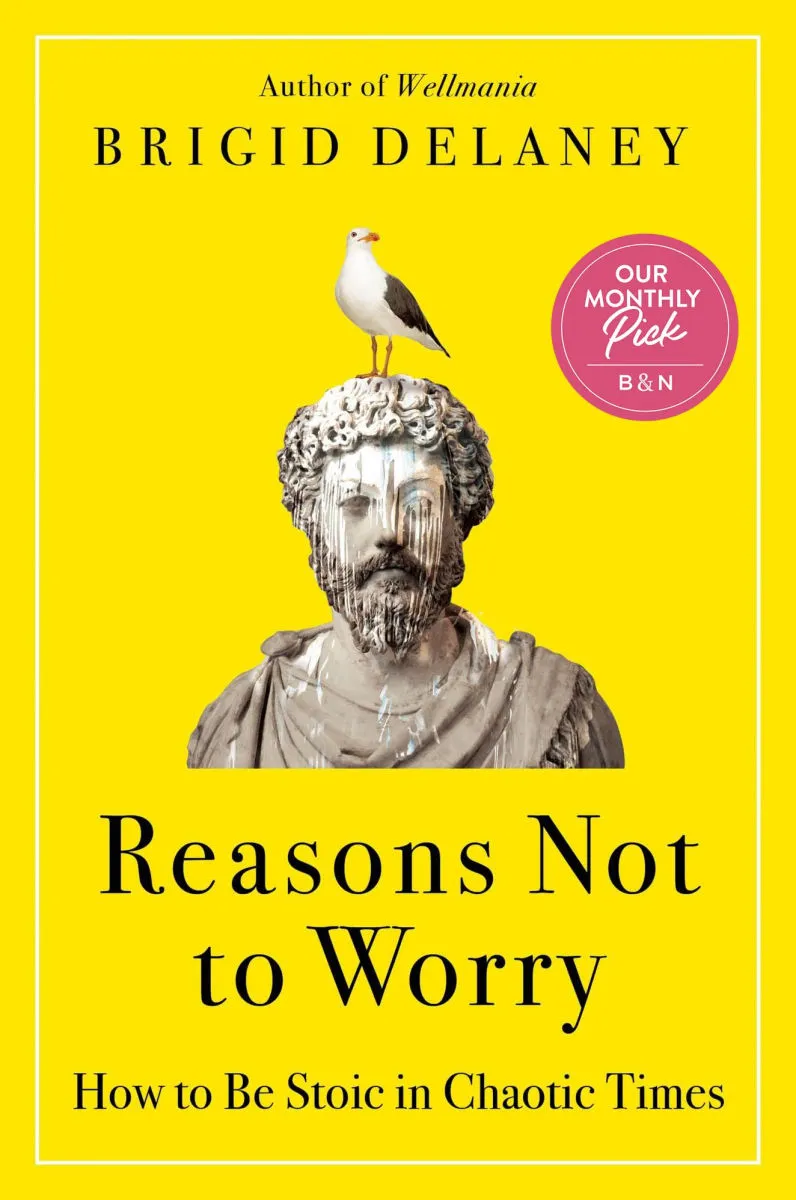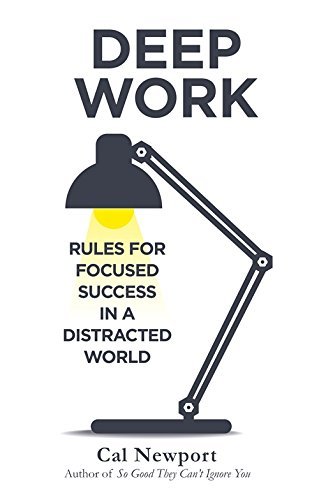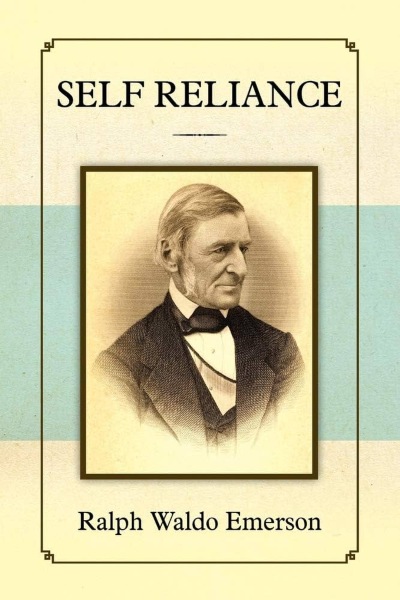Reasons Not to Worry: How to Be Stoic in Chaotic Times, Brigid Delaney
This review highlights the key strengths of Brigid Delaney’s Reasons Not to Worry book. Her accessible writing style and practical approach to Stoicism make the philosophy applicable to modern life. For anyone feeling overwhelmed by today’s chaotic world, this book offers a comforting, grounded perspective.
An insightful exploration of Stoicism’s relevance in today’s fast-paced world. Through practical advice and historical reflections, Delaney demonstrates how ancient philosophy can serve as a tool for modern readers facing daily challenges. In this Reasons Not to Worry book review, we will analyze the book’s key principles, its accessibility for readers, and its message about maintaining inner peace amid external chaos. This book review will also assess how Delaney bridges Stoic ideas with real-world applications, offering readers a grounded perspective on life’s unpredictability.

Key Lessons from Stoicism
Delaney draws from Stoic philosophy, particularly the teachings of famous Stoics like Marcus Aurelius and Epictetus, to offer readers a practical approach to handling stress and uncertainty. The lessons she highlights are timeless, yet they feel particularly relevant in today’s environment. Some of the key lessons from Reasons Not to Worry include:
- Focus on What You Can Control: Stoics teach that worrying about external events—things we cannot influence—is wasted energy. Instead, focus on what’s within your control: your thoughts, actions, and responses.
- Embrace Challenges: Stoicism doesn’t advocate for a life without difficulties. Instead, it teaches that obstacles are valuable opportunities for personal growth. Each challenge becomes a stepping stone to becoming more resilient.
- Practice Mindfulness: Staying present in the moment is key to letting go of anxieties about the future or regrets about the past. Mindfulness in Stoic philosophy means being fully aware and accepting of the present.
- Accept Impermanence: Everything, including pain, success, and stress, is temporary. This concept helps readers manage overwhelming emotions by keeping a broader perspective on life’s temporary nature.
- Live According to Virtue: Stoicism emphasizes living a life aligned with one’s values and virtues, such as honesty, courage, and kindness. This principle encourages readers to act with integrity, regardless of external circumstances.
By grounding the book in these fundamental Stoic ideas, Delaney gives readers a roadmap for cultivating peace of mind amidst life’s uncertainties. This approach proves highly effective for those new to Stoicism or looking for practical ways to apply philosophical insights.

Stoicism Made Accessible
One of the greatest strengths of Reasons Not to Worry is Delaney’s ability to distill complex Stoic teachings into digestible, practical advice. Many philosophical texts can feel inaccessible to the average reader, but Delaney avoids this by making the material relevant and relatable. She introduces Stoic ideas in a way that feels conversational rather than academic, which makes the book inviting rather than overwhelming.
Delaney carefully balances theory with practical applications. For example, she doesn’t just talk about the Stoic idea of focusing on what you can control—she provides modern examples, such as dealing with workplace stress or managing the anxiety of the 24-hour news cycle. These everyday challenges are addressed with a Stoic mindset, showing readers how to apply the philosophy to their own lives. Her humor and use of personal anecdotes also help lighten the tone, making the book both engaging and informative.
Another standout feature of the book is how Delaney weaves real-life examples throughout, reinforcing the idea that Stoicism is not just for philosophers but for anyone seeking a calm, centered approach to life. Readers unfamiliar with philosophy will appreciate how easily Delaney connects Stoic wisdom to today’s world, helping to bridge the gap between ancient teachings and modern experiences.
Memorable Quote
A particularly striking moment in Reasons Not to Worry occurs when Delaney writes,
“You don’t control what happens to you, but you do control how you respond. That’s where your power lies.”
This quote encapsulates one of the book’s central themes: reclaiming your personal power by choosing your response to life’s inevitable challenges. In a world where so much feels outside of our control, this Stoic principle offers a sense of empowerment and calm.
The idea that true power comes from within aligns perfectly with Stoicism’s core teachings and is particularly resonant for readers overwhelmed by external pressures. Delaney’s emphasis on response over reaction encourages readers to take a step back, reflect, and approach challenges with measured calmness. This approach transforms how we view setbacks and offers a path toward more thoughtful, deliberate living.

The Relevance of Stoicism Today
Delaney’s real triumph in Reasons Not to Worry is her ability to connect Stoicism’s ancient wisdom with the challenges of modern life. In a world full of social media noise, political instability, and personal pressures, her message feels especially urgent. The constant influx of information and the expectation to react quickly can create a sense of overwhelming chaos. Delaney shows how Stoicism provides a toolkit for navigating these chaotic times with grace and resilience.
A key aspect of the book is Delaney’s discussion of how to be stoic in chaotic times—times like our own. She applies Stoic principles to modern-day anxieties, such as the stress of constant connectivity or the overwhelming nature of global events. Her ability to illustrate the practical applications of Stoicism in our current context is what makes the book stand out in the genre of self-help and philosophy. Unlike many modern self-help books that promise quick fixes, Delaney’s advice is centered on cultivating long-term inner peace through practice and self-awareness.
In particular, her framing of the Stoic principle of focusing only on what you can control offers readers relief from the pressures of an uncontrollable world. She reassures readers that while the world may be unpredictable and chaotic, their reactions to it don’t have to be. This shift in perspective is both empowering and comforting, making Reasons Not to Worry a vital resource for anyone feeling overwhelmed by external events.
A Refreshing Perspective
While many modern self-help books focus on productivity or achieving external success, Reasons Not to Worry takes a different approach. Delaney’s message is clear: the goal is not to control everything around you but to master your own mind and emotions. The philosophy she offers is not about hustling harder or achieving more, but about cultivating inner peace. In this sense, the book provides a refreshing alternative to the “grind culture” prevalent in today’s society.
Delaney’s humor and empathetic voice make Stoicism feel not only accessible but also enjoyable to explore. Her use of personal stories and real-world examples invites readers to relate to the material, making the philosophical lessons feel grounded in everyday life. Readers who may have previously felt intimidated by Stoicism will find Reasons Not to Worry an approachable and valuable introduction to the subject.
Additionally, Delaney’s reframing of worry as something that detracts from our ability to live fully in the present is a particularly powerful message. Instead of focusing on what could go wrong, she encourages readers to embrace what is, fostering a mindset that reduces anxiety and increases personal agency.Final Thoughts

A Refreshing Perspective
Reasons Not to Worry by Brigid Delaney provides readers with a practical guide to Stoicism, offering valuable insights into how ancient wisdom can help us navigate the challenges of modern life. With its relatable tone, actionable advice, and grounding in timeless philosophy, the book is a must-read for anyone seeking peace in an unpredictable world. Delaney’s approach to Stoicism is not only practical but also deeply compassionate, making it accessible to readers of all backgrounds. Whether you’re a seasoned philosophy reader or someone just beginning their journey into Stoic thought, this book offers a refreshing and comforting perspective on how to live a meaningful, grounded life.






